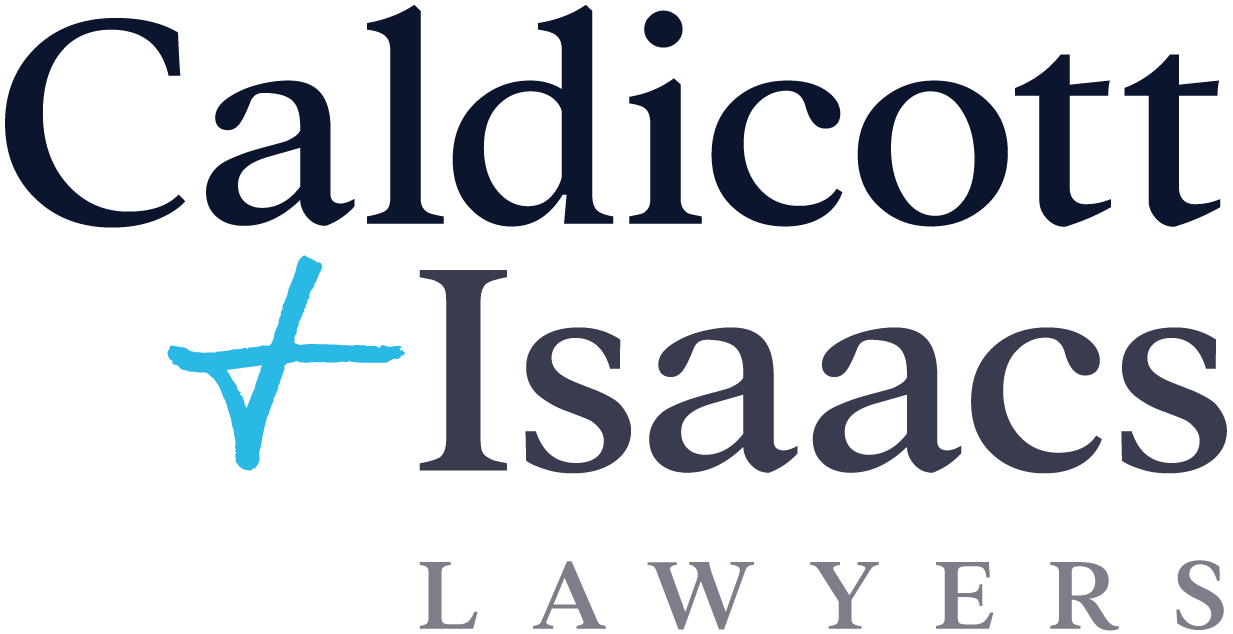Maximum Penalty
- $15,000 fine or 3 years imprisonment, or both
Possible Defences
- It Is Not Cannabis
- You Didn’t Know It Was Cannabis
- It Was Not In Your Possession
- It Was In Your Possession For Personal Use
- Mental Impairment

It is an offence to either supply cannabis or administer cannabis to another person.
Supply has been defined as:
The maximum penalty is a fine of $15,000 or 3 years imprisonment, or both.
It Is Not Cannabis
Section 4 of the Controlled Substances Act 1984 defines cannabis as: a plant, or any part (including the seed) of a plant, of the genus cannabis, but does not include cannabis resin or oil. Thus, you will have a complete defence to this charge if it can be shown that the plant or plant matter in your possession was something other than cannabis.
You Didn’t Know It Was Cannabis
If you genuinely believed that you were in possession some variety of plant matter other than cannabis, and it was reasonable for you to hold that belief, then you may have a defence to this charge.
It Was Not In Your Possession
In order to prove possession, the prosecution must show that you:
It Was In Your Possession For Personal Use
If you are a recreational user of cannabis and there is evidence to suggest that it was not in your possession for the purpose of supply, but rather for personal use, then it may be possible to have the charge downgraded to a lesser offence.
Mental Impairment
The law recognises that, in some cases, people will not be capable of evaluating the nature and quality of their conduct, or, more categorically, they will not know what they are doing is wrong. If it can be shown that you were suffering from some sort of mental disease, disorder or disturbance, as distinguished from a mere lack of self control or impulsiveness, then you may have a defence to this charge.
Mental impairments may be either transitory or permanent and have been held to include disorders such as:
The prosecution must prove that:
There are two elements to prove possession:
This is a summary offence and will be dealt with in the Magistrates Court of South Australia.
Deciding whether or not to plead guilty has important implications and should be made after proper discussions with a criminal lawyer. Please come and see the helpful team at Caldicott Lawyers for assistance in your matter.
This legislation comes from section 33I of the Controlled Substances Act 1984.
We have defended thousands of criminal cases over many decades and constantly achieve outstanding results for our clients. Please view our results by clicking the cases below:
Call us on (08) 8110 7900 to make an appointment with one of the knowledgeable lawyers for assistance with your matter.